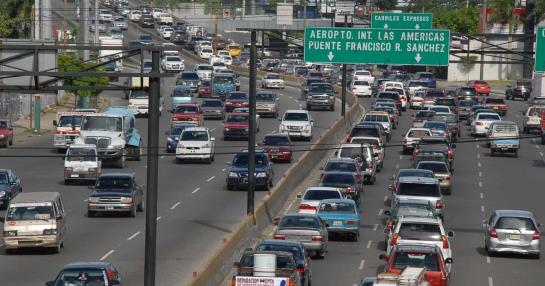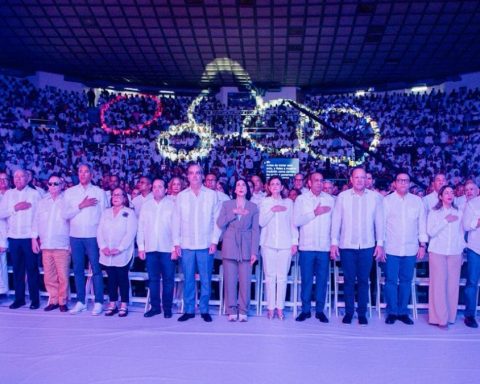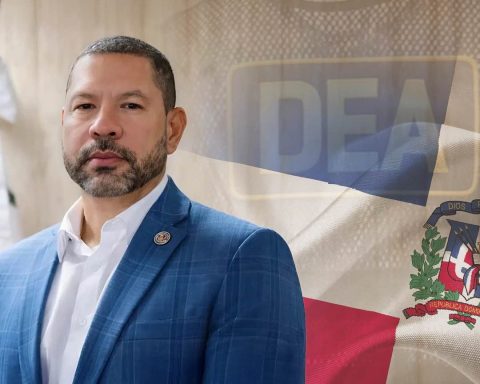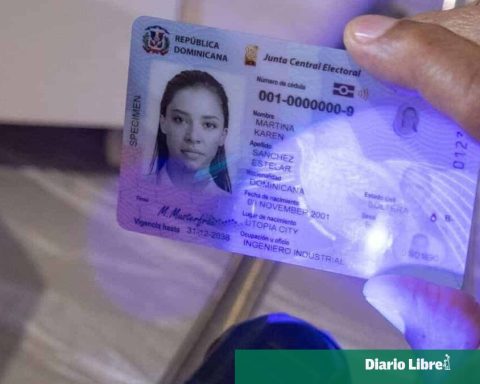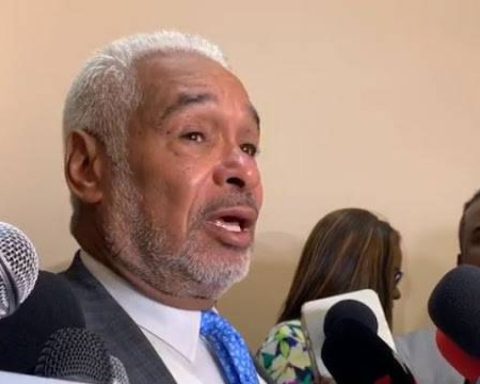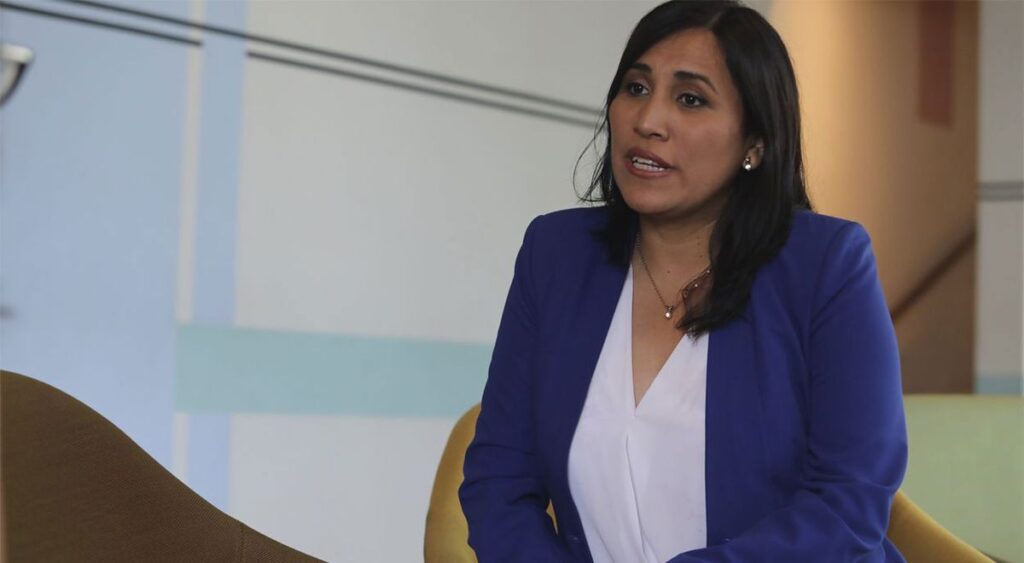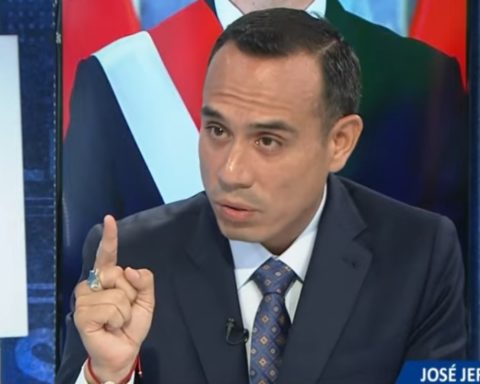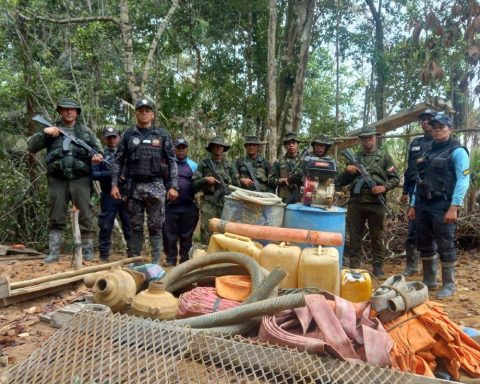The project approved by the National Council of Public-Private Alliances of a private initiative for the implementation of the National Program of Vehicle Technical Inspection proposes to distribute the income that would be captured in 90% for the private agent and the remaining 10% of canon for the State.
For the start of operations, proposed for 2024, the unit value of the fee for the first vehicle inspection is established at RD$1,633.81 (equivalent to US$25) and for the second RD$816.90 (US$12.50), according to the evaluation report of the initiative, prepared by the General Directorate of Public-Private Partnerships (DGAPP), and which includes suggestions from the authorities.
The National Council of Public-Private Partnerships, through Resolution 01-2022, of January 13 of this year, declared the private initiative to be of public interest, for the implementation of a network of centers to inspect that the vehicles travel under proper conditions.
As of 2020, the country’s vehicle fleet amounted to 4,842,367 units, 55.6% being motorcycles.
The private proponent Consorcio Inteve, represented by the Castillo Holding Company, suggests the construction of 56 Vehicle Technical Inspection Centers (CITV). There would be a capacity of 170 inspections per day, with shifts regulated by appointment.
In addition, eight Mobile Inspection Units are proposed for locations where a CITV is not justified. The estimated term to build the project is 24 months and this would have a contractual period of 15 years.
To avoid a monopoly in the project, its structure was divided into two lots by region, for which two financial models are contemplated. Lot 1 is made up of the National District, Santo Domingo Oeste, Santiago Oeste and other provinces in the south and northwest. Lot 2 is made up of Santo Domingo Norte, Santo Domingo Este, Santiago Este and other eastern and northeastern provinces.
In both lots, the recovery of the private investor’s capital is estimated at six years, based on specific characteristics. While the State’s income would be US$3.03 million per year in Lot 1, and in Lot 2 it would receive, on average, US$2.03 million. In both, no costs would be generated for the public institutions involved.
From the declaration of public interest, the DGAPP must coordinate with the National Institute of Transit and Land Transportation (Intrant) to prepare the specifications, the draft of the public-private partnership contract and all the necessary documentation. The proponent must submit feasibility studies.
Sanction implies a fine
Law 63-17 establishes the obligation to submit an annual technical review to all motor vehicles, older than three years, and authorizes the Intrant to grant the operating license to individuals or legal entities that have the capacity to perform vehicle technical inspections, in accordance with the regulations. The law indicates that drivers who do not carry out the inspection will be fined.
